TRANSIT STORIES
Transit Stories is a series of real-life experiences with public transit in the U.S. We feature the first-hand experience of public transit riders. From large cities to small towns, we will document the experiences of the millions of users of buses, trains, ferries, and other forms of public transit in the US.
Public transit is essential to our communities, to cooling the planet, and to advancing equity.
Transit is essential to our very lives. This year there is a unique opportunity for the country to make a historic investment in public transit funding to help the country build back better.
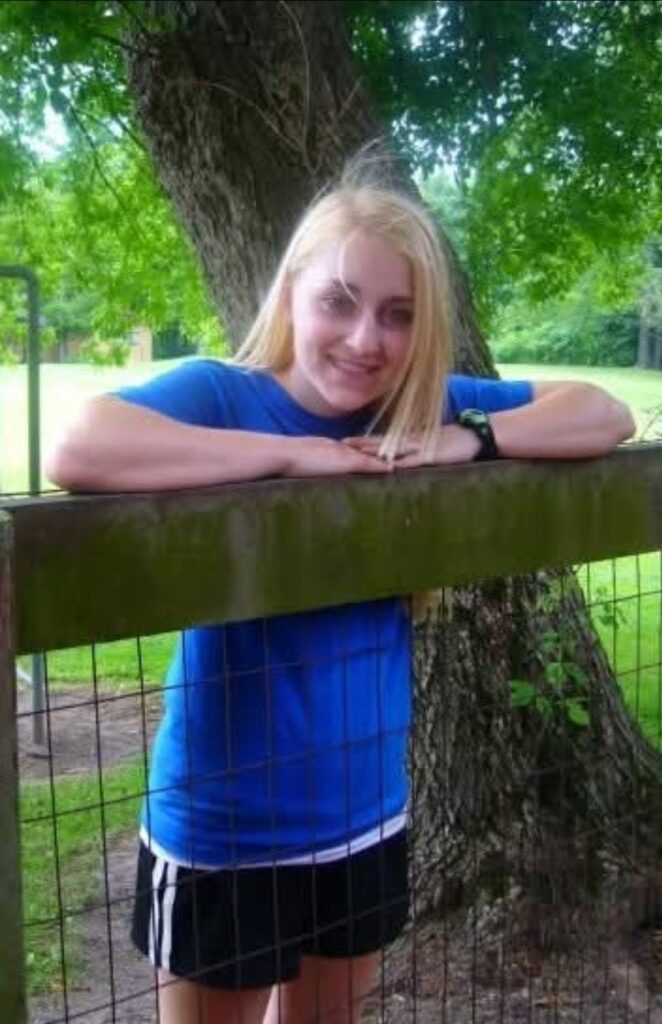
Transit Tuesday: Jordan Kelly
My name is Jordan, and I’ve lived in Ann Arbor for years. Public transit has been essential to my daily life. I work as a laboratory technician at the University of Michigan, and I rely on the bus to get to work. Owning a car has never been a realistic option for me. Between the costs of buying a car, maintaining it, and paying for parking, it’s just not feasible—especially in a city as expensive as Ann Arbor.
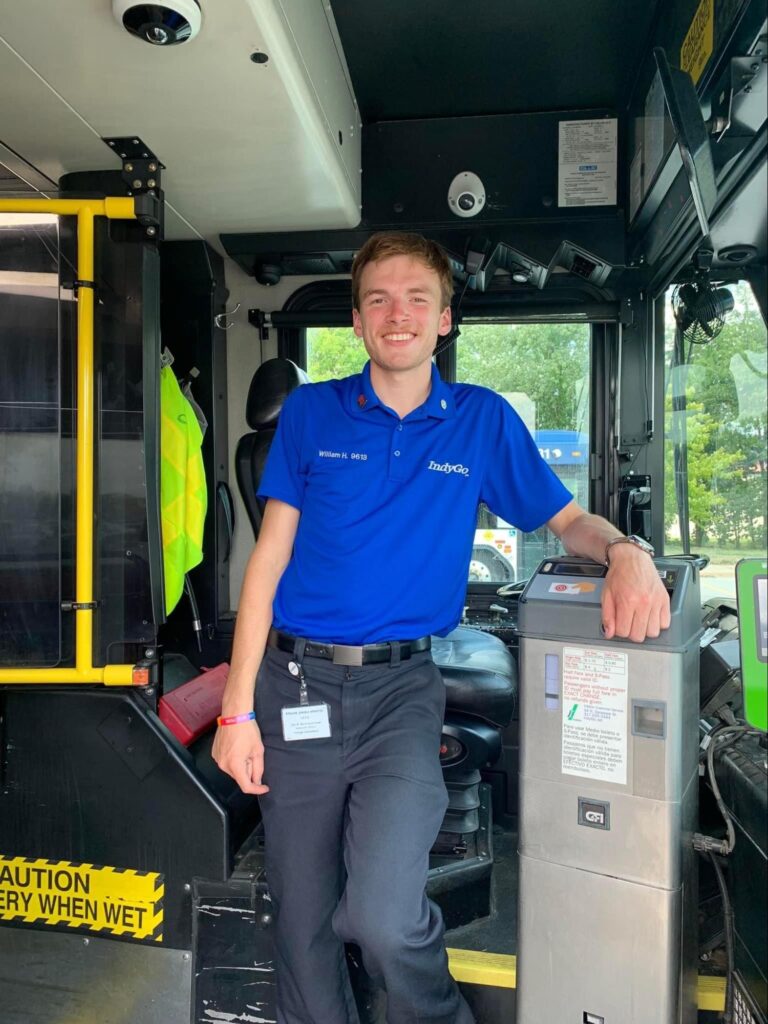
Transit Tuesday: Will Hazen
Indianapolis, IN – My name is Will Hazen. As both a transit rider and a bus operator here in Indianapolis, I get to experience our transit system from a range of perspectives. While my boyfriend and I own a car, I take the bus to work every day because it’s faster than having to find a place to park downtown and then walk the remaining distance to work. It’s also so much less expensive than paying for gas and the insurance costs that come with driving a lot.
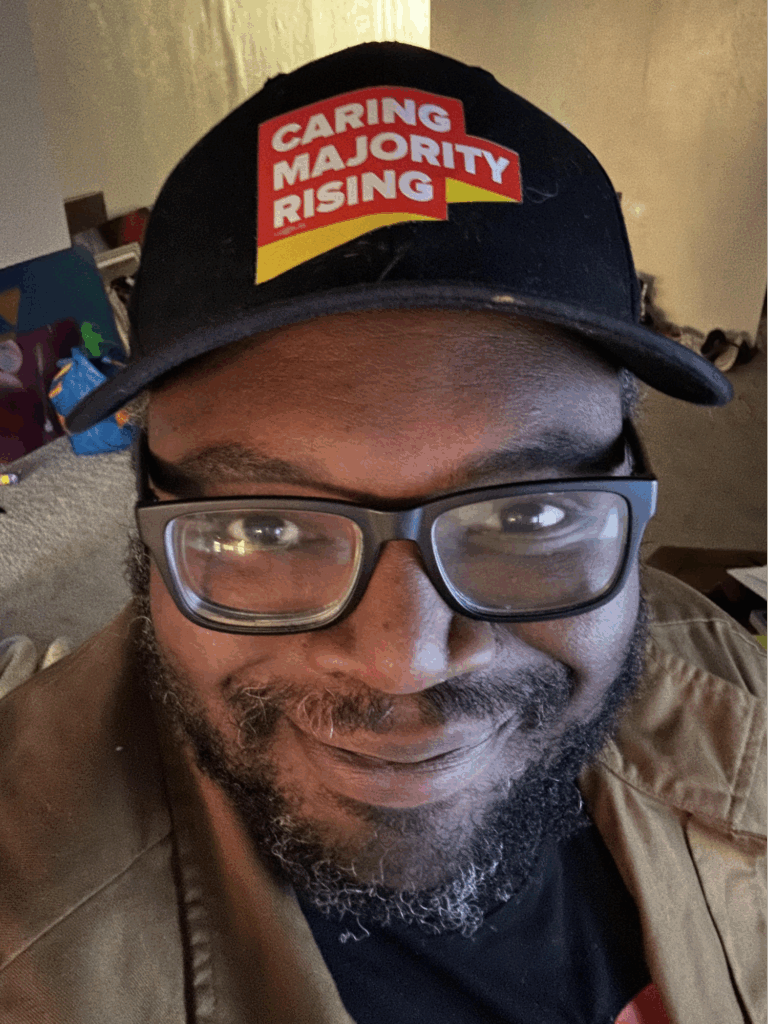
Transit Tuesday: Keith Williams
My name is Keith, and I’ve lived in Newburgh for most of my life. I’m a father of five and currently a community organizer with For the Many. Before this, I worked at Amazon as a driver and in the warehouse. No matter my job, one thing has been constant—the struggle to get to work.
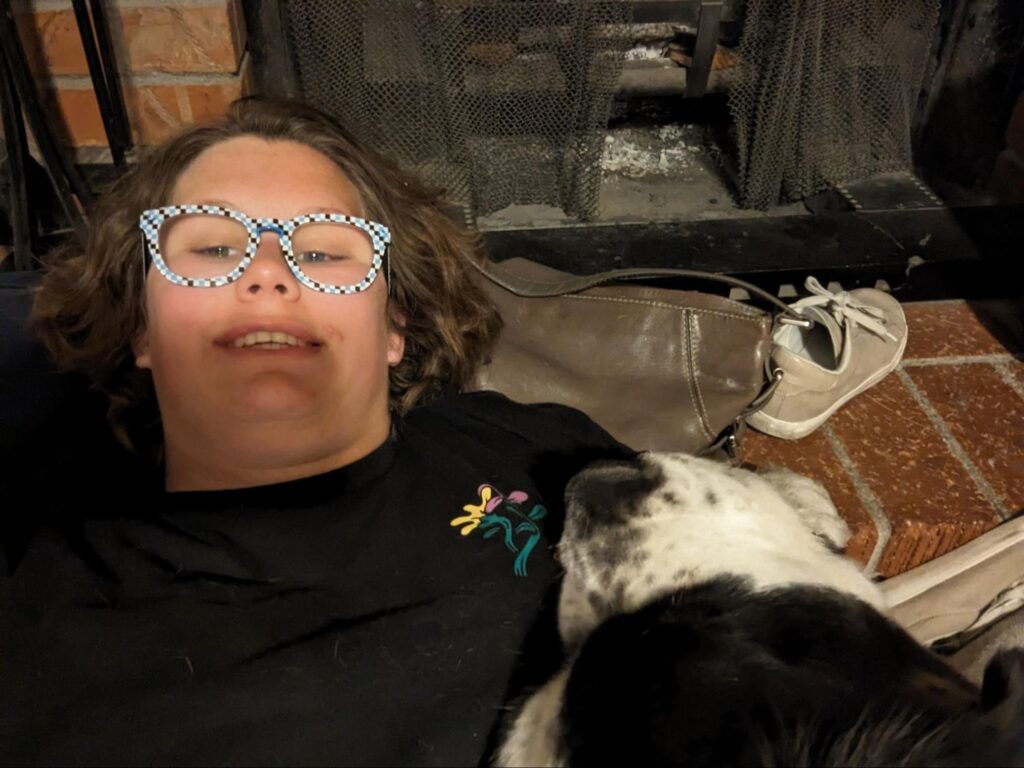
Transit Tuesday: Katrina Owings
I live in Boise, Idaho, where I work at a daycare. Until recently, I relied on the bus to get to work and run errands. It was really helpful for me, especially since I don’t drive. Public transit gave me the freedom to get where I needed to go without the stress or cost of owning a car.
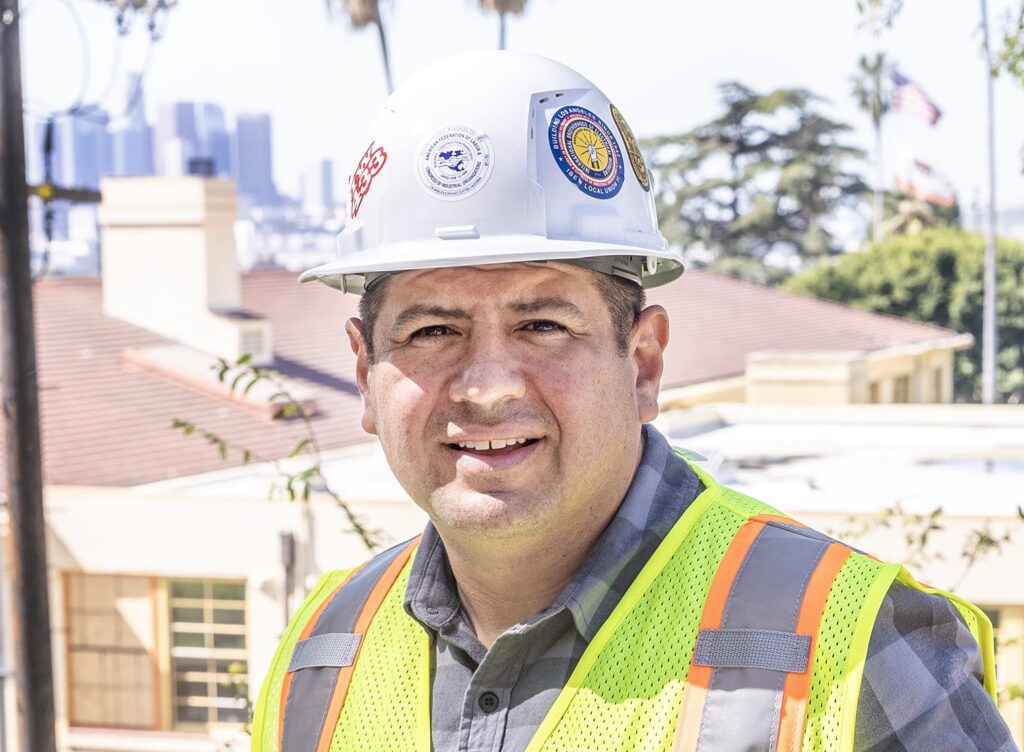
Transit Tuesday: Eddie Alvarez
I’m a union representative for the Los Angeles/Orange Counties Building and Construction Trades Council. I grew up in the trades. My father is an elevator constructor, and I started as a laborer.
In the trades, our goal is to create better opportunities for our members and their families, and I see public transit as a key part of that.
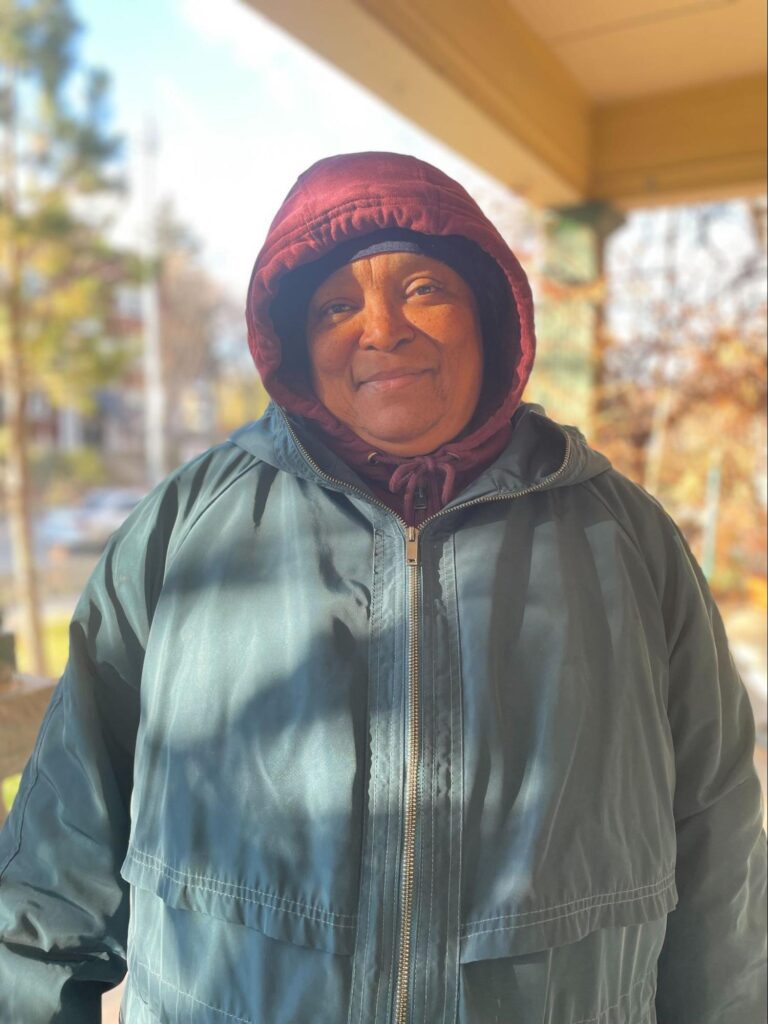
Transit Tuesday: Lisa Miller
I started working when I was 14. For decades, $9.66 an hour was the most I had ever made in my life. I’m far from the only Kansas City resident whose low wages required me to use the bus as my main mode of transportation.
It’s a lifeline for me and thousands of people in Kansas City. It’s how we get to work, to the doctor, to run errands, and live our daily lives.
